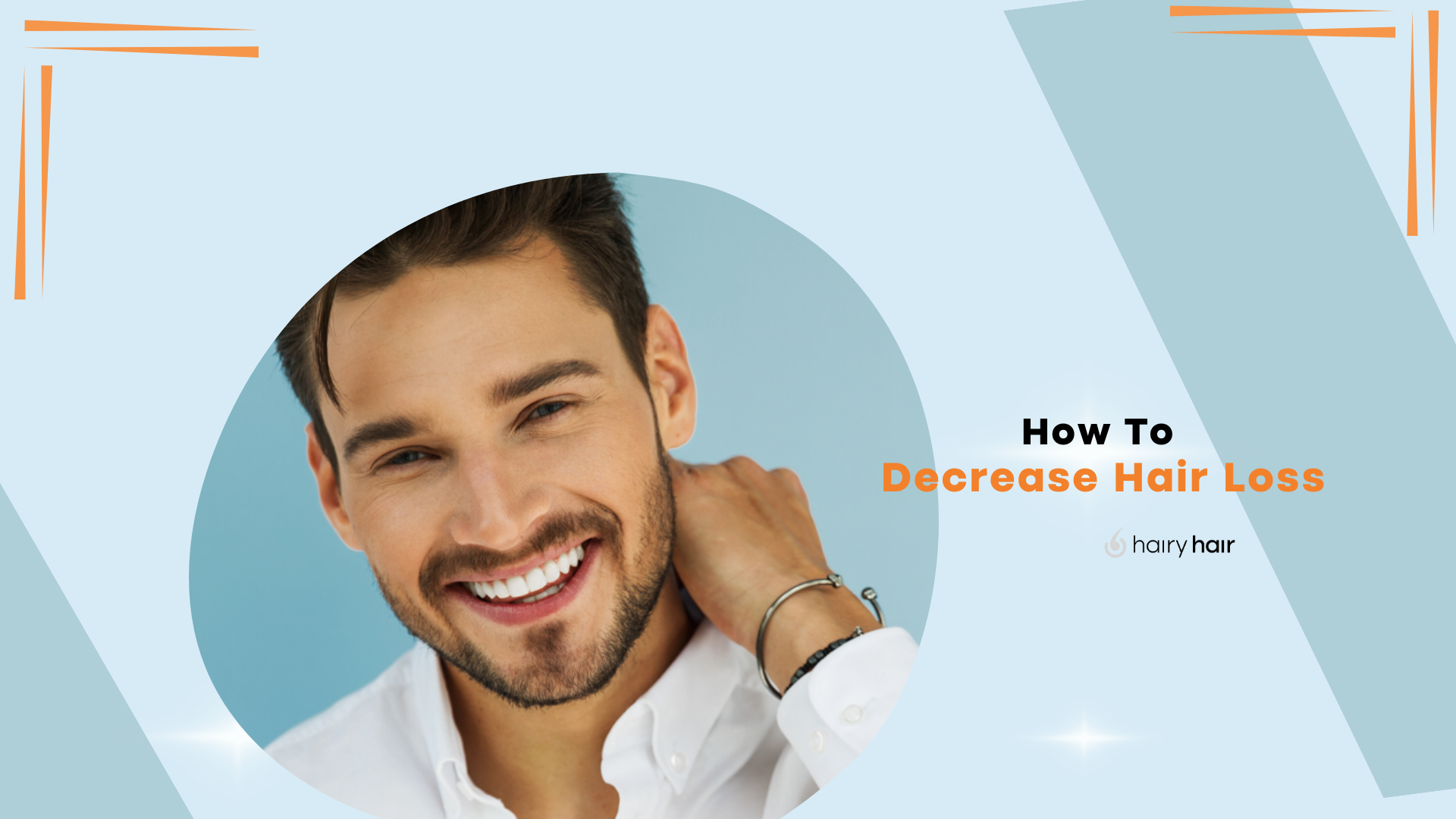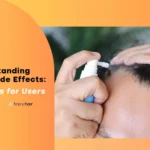How To Decrease Hair Loss

Hair loss affects millions of people worldwide and can significantly impact self-esteem. It has various causes, from genetics to stress and lifestyle choices. Finding an effective hair loss treatment requires understanding the underlying cause and the different solutions available. In this article, we’ll explore proven methods that can help decrease thinning or balding and stimulate hair growth.
Types of Hair Loss
Various types of hair loss exist, each with different characteristics. Male pattern baldness, or androgenetic alopecia is the most common type. It’s a form of hereditary hair loss caused by a combination of genes and hormones. This condition leads to progressive thinning and potential balding over time. Another common type of hair loss is telogen effluvium, which causes temporary hair loss triggered by stress, illness, or hormonal changes.
Alopecia areata is an autoimmune condition where the immune system attacks hair follicles, leading to patchy hair loss. Other types include traction alopecia, caused by wearing tight hairstyles that pull on the hair follicles. Understanding the type of hair loss is essential for choosing the right treatment or implementing preventive measures. There are many other causes of hair loss, which we’ll go into more detail about below.
Causes of Hair Loss
A wide range of factors can cause hair loss. Genetics play a significant role in conditions like male pattern baldness. If you have family members with bald patches or thinning hair, you’re more likely to develop androgenetic alopecia. Hormonal imbalances and nutritional deficiencies can also lead to hair shedding, hair breakage, and more fragile hair in general.
Another significant factor is stress – chronic stress levels disrupt the hair growth cycle and cause thinning. Environmental factors, like pollution and UV rays, along with excessive use of heat styling tools and harsh products can further damage hair. In some cases, medical conditions or certain medications may contribute to hair loss.
Is Hair Loss Permanent?
Whether hair loss is permanent depends on the type and cause. For example, male pattern baldness often causes permanent hair loss if left untreated as it’s progressive. However, conditions like telogen effluvium are usually temporary and resolve when the underlying trigger is addressed. Hair loss due to nutritional deficiency or stress typically reverses with lifestyle changes. Finding out the cause of your hair loss early and taking steps to explore treatment options can improve the chances of stopping further hair loss and promoting hair regrowth.
How Can You Prevent Hair Loss?
You can make several lifestyle adjustments to help you prevent hair loss or slow it down. Firstly, it’s important to maintain a diet rich in essential nutrients like protein, iron, zinc, and vitamins like A, D, and E to keep your hair healthy and support growth. Keeping stress levels low by engaging in regular exercise and including mindfulness or meditation can help maintain hormonal balance. Regular scalp massages can improve blood flow to the scalp and nourish each hair follicle.
To avoid losing hair from traction alopecia, don’t wear hairstyles that pull like tight braids or dreadlocks, and limit the use of heat styling tools which can cause damage. Adopt gentle hair care routines, using sulfate-free shampoos and conditioners to protect against hair breakage. If these lifestyle adjustments don’t seem to work and you experience ongoing or significant hair loss, you may want to treat hair loss with more long-term solutions like FDA-approved medications and other clinically proven hair growth products.
Can You Stop Hair Loss Naturally?
Natural remedies may not completely stop hair loss, but they can encourage healthier hair, produce an optimal environment for growth, and reduce thinning. For example, essential oils like peppermint and rosemary are known for promoting hair growth and boosting overall scalp health. Aloe vera is great for soothing the scalp and reducing dandruff, which improves the potential for hair growth.
Eating a diet with plenty of antioxidant-rich foods, such as berries and leafy greens combats oxidative stress which can damage your hair follicles. While many natural hair growth methods can be beneficial, they are generally most effective when combined with medical treatments.
Hair Loss Treatment Options
For people with significant hair loss, various treatments can help promote hair growth, reduce thinning, and restore hair thickness. FDA-approved treatments like minoxidil slow hair loss and encourage regrowth by increasing blood flow to stimulate the hair follicles. Minoxidil is available over the counter in a foam or topical solution. Oral medications such as finasteride inhibit DHT, a hormone responsible for shrinking hair follicles in those with male pattern baldness. However, finasteride is only available on prescription.
Some people find that hair serums containing active ingredients like argan oil and keratin can help treat hair loss. More severe cases might require hair transplant surgery, which offers a long-term solution by transporting healthy follicles to thinning areas. Non-invasive options like low-level laser therapy (LLLT) increase cellular activity and improve hair density.
Another highly effective option is the Hairy Hair Treatment plan, which is formulated with clinically-proven ingredients that fight the root cause of hair loss. The great thing about Hairy Hair is – you don’t need to visit a clinic, you just sign up for a subscription, and treatment is sent right to your door. This makes it an ideal long-term solution for those who value convenience, affordability, and privacy when dealing with hair loss.
Final Thoughts
Hair loss can be a distressing experience for many people, but learning about the causes and solutions will help you take back control. By adopting preventive measures, trying out natural remedies, and exploring medical treatments, it’s possible to slow down or reverse hair loss. If you’re not sure about which treatment is appropriate for your individual needs, it might be worth consulting with a hair loss specialist, who can steer you in the right direction. With the right strategy in place, you can achieve thicker, healthier hair and restore your confidence.
In This Article
Overview
Most Trending Articles


